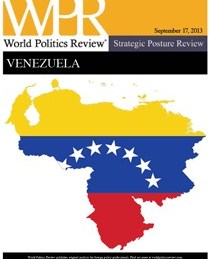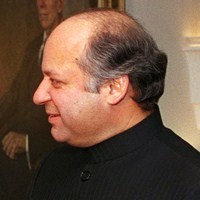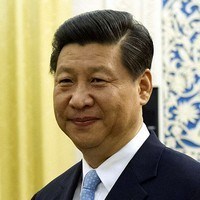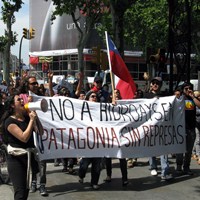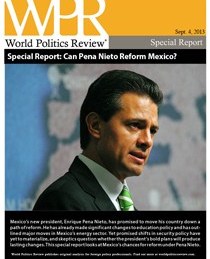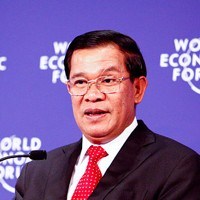
An accord on electoral reform reached this week between Cambodia’s long-ruling Cambodian People’s Party (CPP) and the opposition Cambodian National Rescue Party (CNRP) ended three days of protests in the capital but did not convince the CNRP to drop its threat to boycott the opening session of parliament next week. According to the current vote tally from Cambodia’s July elections, which were widely considered flawed, the CNRP won 55 seats in Cambodia’s 123-seat legislature, the bulk of them from Phnom Penh and its nearby provinces. While falling short of a majority, the number represents an unprecedented gain of 22 seats […]





